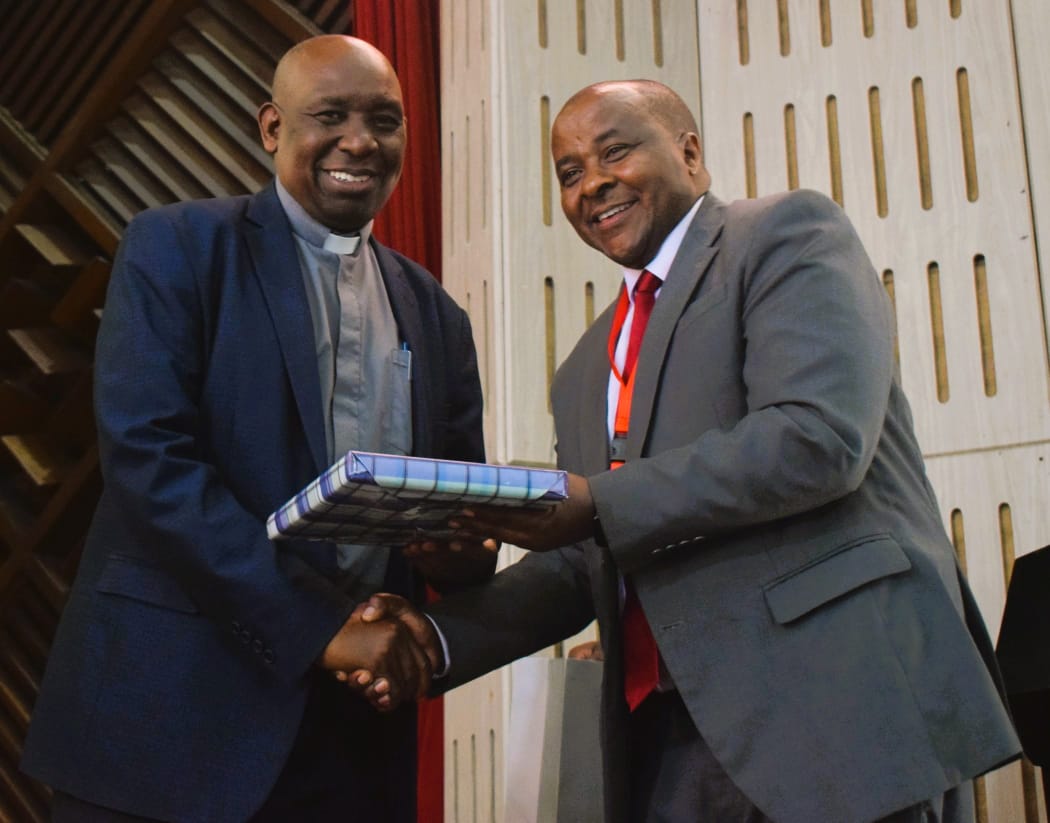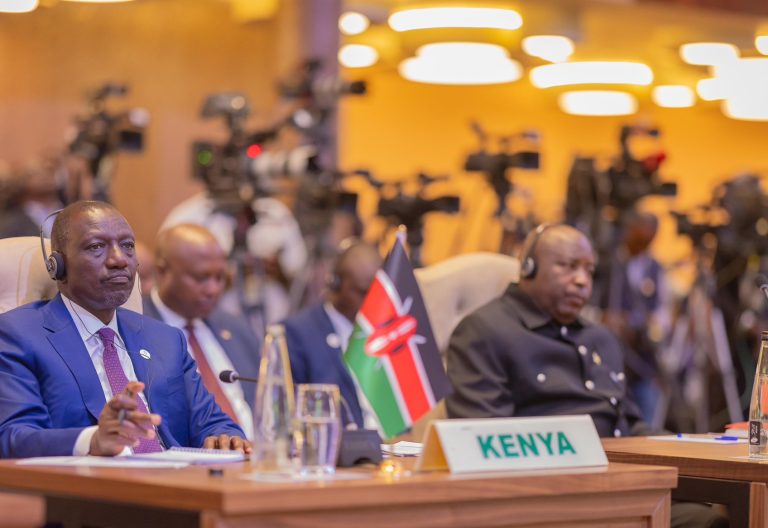Private universities decry low intake in new model

Private universities have faulted the new funding model, saying it threatens their existence given that the number of students applying for the courses is too low.
Catholic University of Eastern Africa (CUEA) Vice Chancellor Rev Prof Stephen Mbugua yesterday said if the model is sustained, some of the private universities in the country are at risk of shutting their doors, given they only got about 10,000 students in total against the usual 30,000 in the just concluded placement exercise.
Saying private universities have appealed to the government over the model, Prof Mbugua explained he has sent on behalf of the institutions, a letter to Education Cabinet Secretary Ezekiel Machogu and other government organs, to reconsider the decision because it is against the bottom up philosophy and students should be supported to go to their universities of choice.
“The impact is negative, it is against the bottom up arrangement because the poor students must be accorded assistance at all levels. The new university funding model was recommended by the working party and reiterated by President Ruto when we met at State House with other stakeholders but the implementation has become skilled and excluded a sector that was included in the working party,” said Prof Mbugua during the Catholic Schools Principals’ Association – Kenya eighth edition conference.
Private universities started admitting government-sponsored students (GSS) in 2016 in a move by the State to address congestion in public institutions.
The government has stopped placing government sponsored students in private universities saying public universities have the capacity to host all students who qualifies to join university this year.
Mbugua, who is also the Private Universities Association in Kenya chairman insisted that all taxpayers’ should get equal opportunities to access public resources.
He said validation was done and the document printed and issued to the President but does not recommend this model and may have come out of an onslaught on private universities.
“Private universities have been negatively impacted, some getting about 10 students and others less than 100 and this is going to even kill the human resource in those particular universities,” he regretted.
If the model continues in the same way, he said private universities will face serious financial constraints which will lead to reduction of human resource capital.
According to Mbugua, the Government’s promise is to create as many job opportunities as possible and withdrawing children from the private sector means they are doing the opposite because they will be forced to reduce the number of tens of thousands of staff in this sector.
“We are looking at the parents’ goodwill because we give them quality services and involve them at every stage and hope they are going to bring their students even if there is an incentive by the Government to exclude private universities.
We promise our parents that we will give quality education, right values and guidance for a holistic education that is innovative,” assured Mbugua.
He also explained that withdrawal of funding by the Government and excluding private universities is geared towards forcing the children to select public universities only.
“It is good to know that not only rich students choose our universities. Poor students want to go to universities of their choice and should be allowed this democratic space of choice and get support from the government as is stated in the presidential working party on education reforms report,” he stated.











